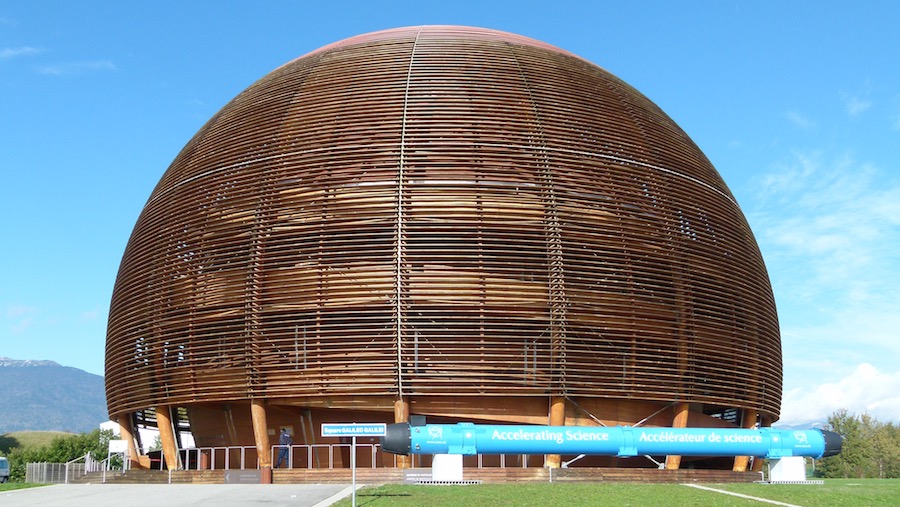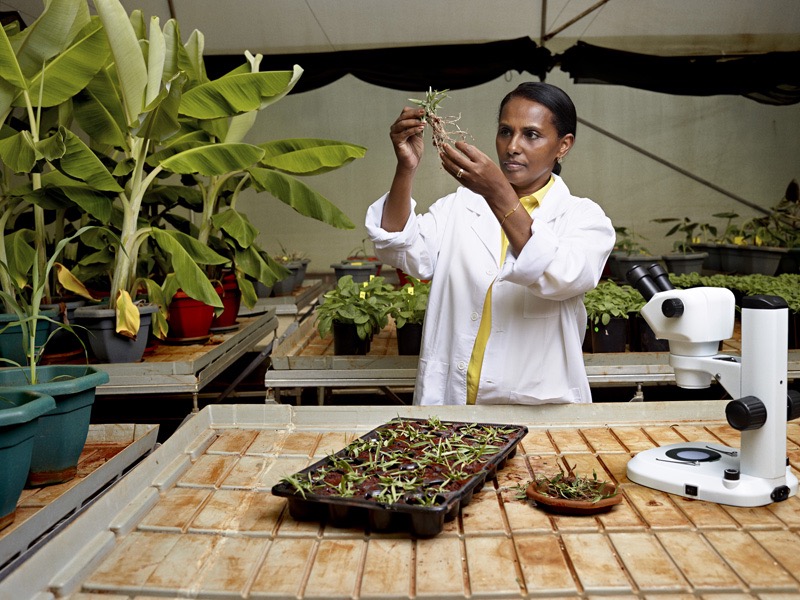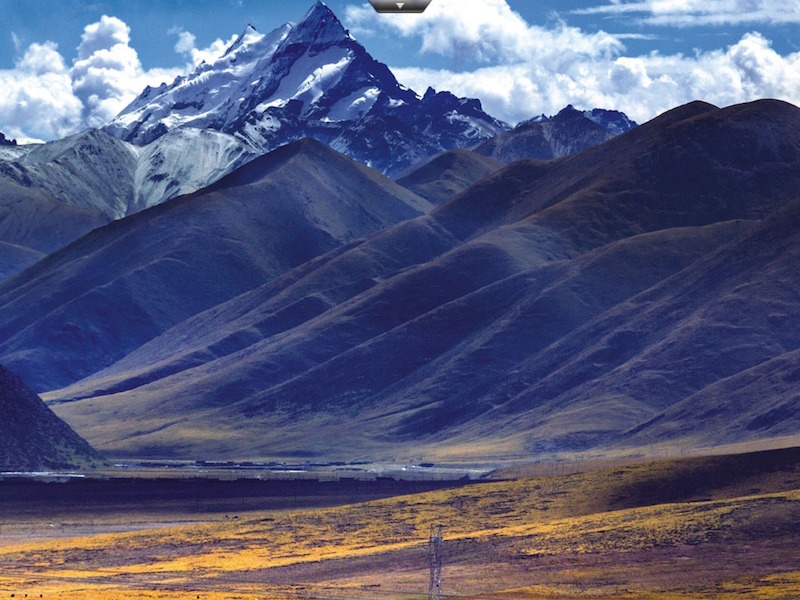
Science for a Sustainable Future
Science will be essential to reach many of the goals of the 2030 Agenda for Sustainable Development and, thus, to ensure a sustainable future. The UNESCO Science Report is one of the tools that countries can use to monitor progress towards the goals of Agenda 2030. Every five years, it analyses emerging trends in science, technology and innovation policy and governance. The latest edition will be launched today on World Science Day for Peace and Development. The key message of the Report can be summarized in just four words: more research – better development.
Sustainability Science

Sustainable solutions, whether at the global, regional or country level, require creativity, new advances in scientific knowledge, discoveries and innovations. Sustainability science promotes problem driven cross-disciplinary approaches to address interconnected environmental and social issues. This approach takes into account ethical dimensions and our responsibility towards future generations. UNESCO, through its multidisciplinary mandate in natural and social sciences, education, culture and communications, is in a unique position to foster collaboration across disciplines.
Empowering people to design the solutions they need
Science education and research capacity need to be built to allow countries to develop their own solutions to their specific problems. UNESCO provides countries with guidance in developing or revising their national STI policies and in strengthening national capacities in science education and research. Capacity in engineering is critical to develop the products and services we need, particularly in Africa, where there is an acute shortage of engineers. Through capacity building, policy advice and sharing best practices, UNESCO helps countries manage their renewable energy resources to help ensure access to sustainable energy for all. In order to ensure that scientific progress is nurtured and taken into account at all levels of governmental decision-making, UNESCO promotes the development of science governance structures and mechanisms.
From our partners:
Science for sustainable and effective management

We cannot manage our natural resources sustainably and halt biodiversity loss without sound data and a good understanding of natural cycles, ecosystem services and functions, and the impacts of human activities. In order to address the critical global challenges that hinge on science, including food and water security, energy and climate change, both scientists and policy makers must be mobilised. Though its international programmes, UNESCO fosters scientific collaboration and promotes expanding the knowledge-base, including scientific, indigenous and local knowledge.
In order to help societies around the world to better understand, mitigate and adapt to global change, over 30 programmes contribute to creating knowledge and raising awareness of climate change, associated risks and ethical implications.
Inclusive and equitable development

UNESCO works closely with vulnerable communities that are often on the sidelines of development and decision making, including indigenous peoples, Small Island Developing States and women, to ensure that their unique perspectives and knowledge are taken into consideration. UNESCO has been influential in ensuring that local and indigenous knowledge holders are included in contemporary science-policy-society fora. Furthermore, in order to address the persistent gender gap in science, technology, engineering and mathematics, UNESCO supports women scientists through networks and mentoring programmes and promotes women’s participation in policy-making processes.
This feature originally appeared in Unesco Press.















